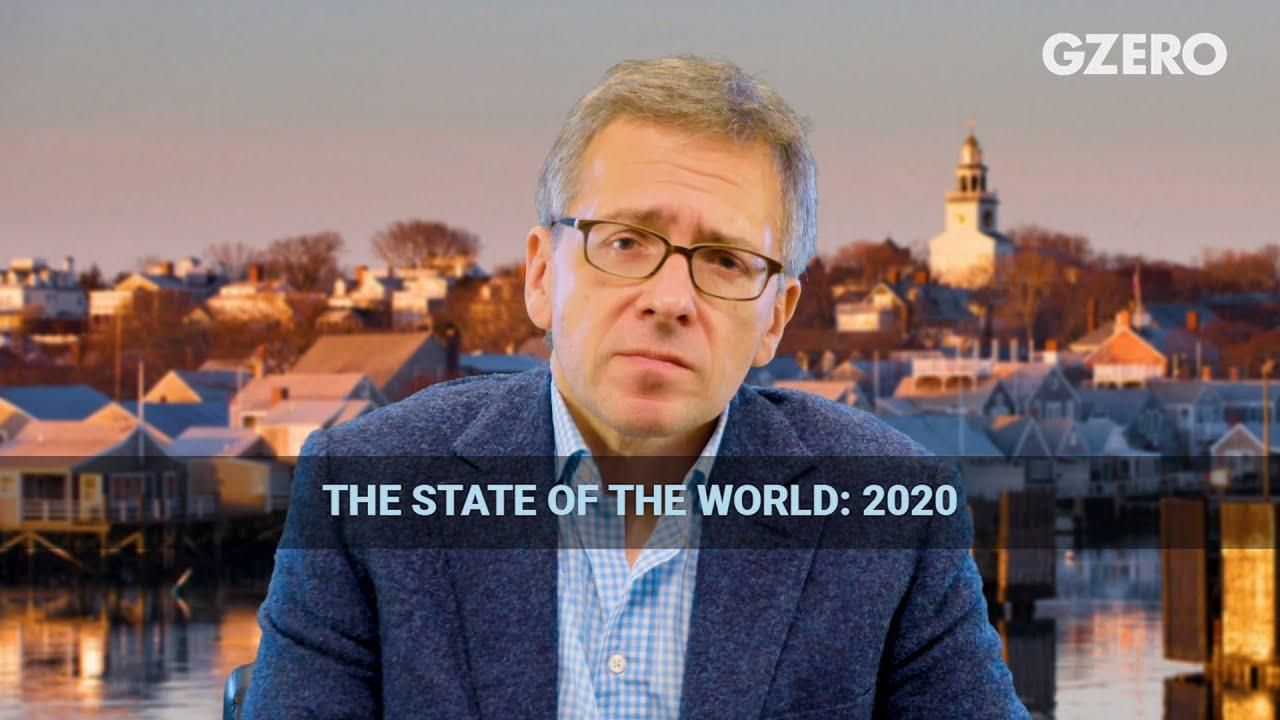
Watch Ian Bremmer's full speech on "The State of the World." Today, this annual address has kicked off the 2020 GZERO Summit in Japan.
The coronavirus pandemic hasn't invented today's biggest challenges. For better and for worse, it simply accelerated important changes that were already well underway. It has exacerbated inequality of opportunity, both within and among countries. In fact, the most severe COVID-19 impacts in 2021 will be economic, particularly as debts soar in developing countries and international lenders have less to lend. The pandemic has also sped up the erosion of faith in democratic institutions and international cooperation. But the economic damage inflicted by this crisis has accelerated the transition from the 20th century brick-and-mortar model of commerce and growth toward a more dynamic 21st century economy that is powered more by the flow of information and less by fossil fuels. In short, thanks in part to the worst global health emergency in more than a century, the future will arrive sooner than we thought.